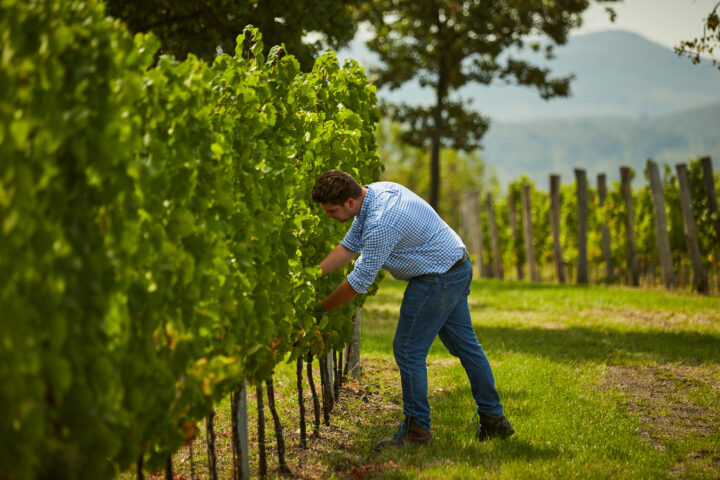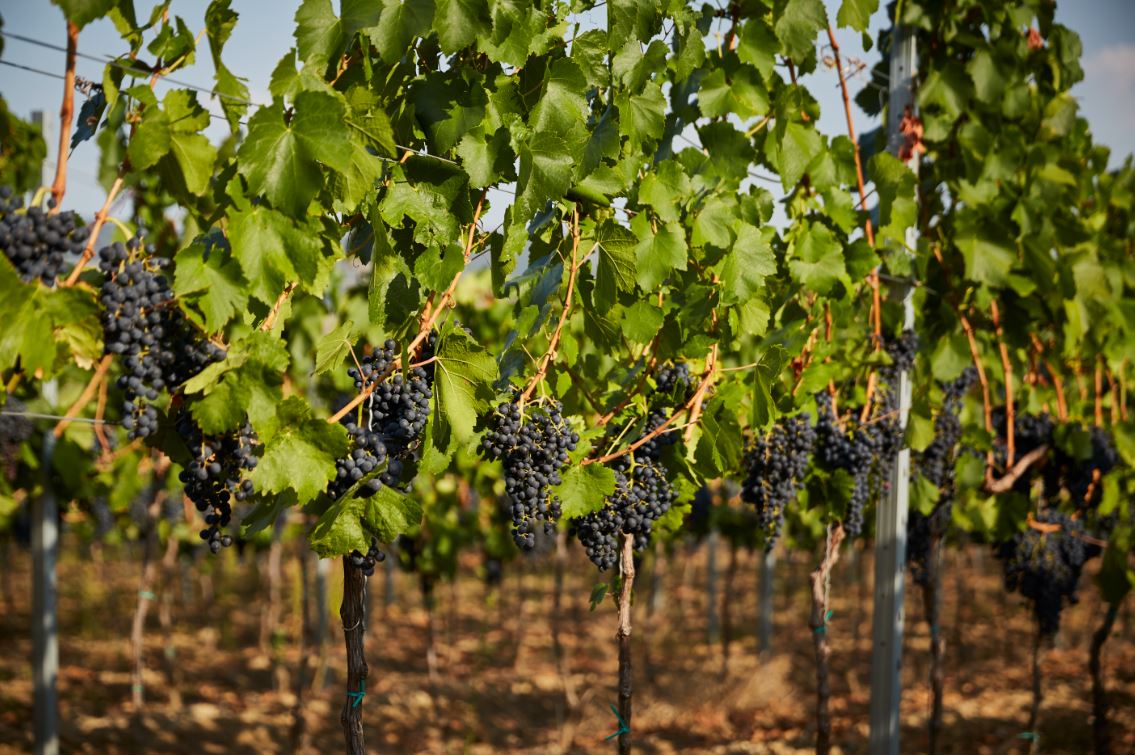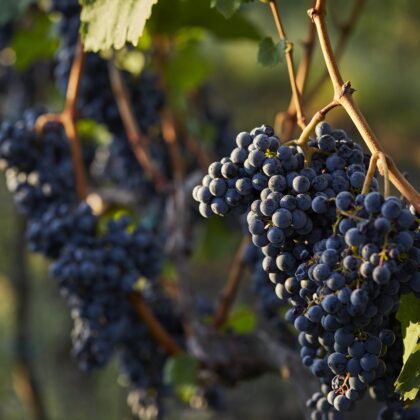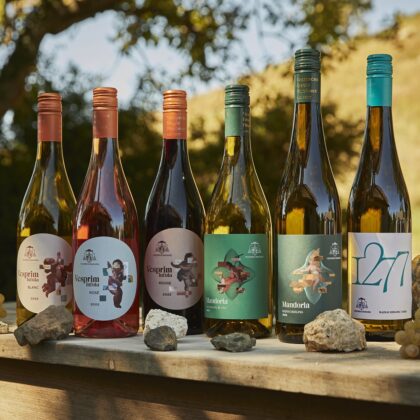During this month, there are several world days that draw attention to sustainability and environment awareness. For example, Energy Efficiency World Day, Global Recycling Day and Water World Day. The last Saturday in the month is the date for the global initiative called Earth Hour. Today, environmental awareness plays a role in an ever-increasing number of industries and activities. We spoke with head winemaker Antal Benesch about how to make winemaking-viticulture activity green and what measures the Archdiocese Winery is taking in this field.
Today, in the majority of segments of the consumer market we come across environmental aspects, starting with foodstuffs and going all the way through to cleaning products and the cosmetics industry. Sustainability, recycling and the use of renewable energy are all hot topic issues as concerns most enterprises and industries. In March, there is a particular focus on this subject thanks largely to the world days, outstanding events that are designated for this month, such as recycling and energy efficiency world days, or indeed the Earth Hour initiative.
Winemaking and grape cultivation are activities that go back several millennia. Everyone engaged with these activities has always carried out their jobs in particular harmony with nature. But what sort of sustainability and environmental awareness aspects are apparent in the life of a modern-day winery?
After completing the viticulture-oenology faculty of the University of Horticulture, I spent several months in New Zealand in order to learn about the local grape cultivation and winemaking processes. It was good to see even then what a modern approach they had in this field. Thus it is no surprise to find that New Zealand stands at the forefront in environmentally conscious and sustainable winemaking and grape growing. According to data contained in a sustainability report for the sector from 2022, 96% of New Zealand’s wine and grape industry carries out certified sustainable production, and 10% of wineries boast bio-certification. The objective of the New Zealand wine sector is to make their activities carbon dioxide-neutral by 2050, the head winemaker explains.
According to the expert, Hungarian farms and wineries also have numerous opportunities to integrate the green approach into their everyday activities, and indeed they employ several of these at the Veszprém Archdiocese Winery.
We make every effort to pay attention to the demands and quality of the soil. For example, we use fewer agents that are absorbed into the soil, nor do we use weedkiller. In addition, we have set up rainwater collection points so as to use as little tap water as possible when spraying; instead, we use the rainwater runoff we have collected.
The Archdiocese Winery has been dealing with grape cultivation and winemaking for some 750 years. Protection of the environment and the natural habitat has an important role in the two vineyards of the winery, located at Mindszentkálla and Felsőörs.
We have put up bird nesting boxes and established beehives in order to increase the protection of biodiversity, notes the winemaker. Antal Benesch adds that environmental aspects are also taken into consideration in the course of bottling and packaging.
We use recycled aluminium caps for our wines instead of cork, and with this we are protecting the environment. The bottles are made from lightened glass in the interest of reducing the shipping weight and the carbon footprint. Furthermore, we are switching to the use of recycled paper for the wine labels and wine packaging (cases), the expert mentions.



